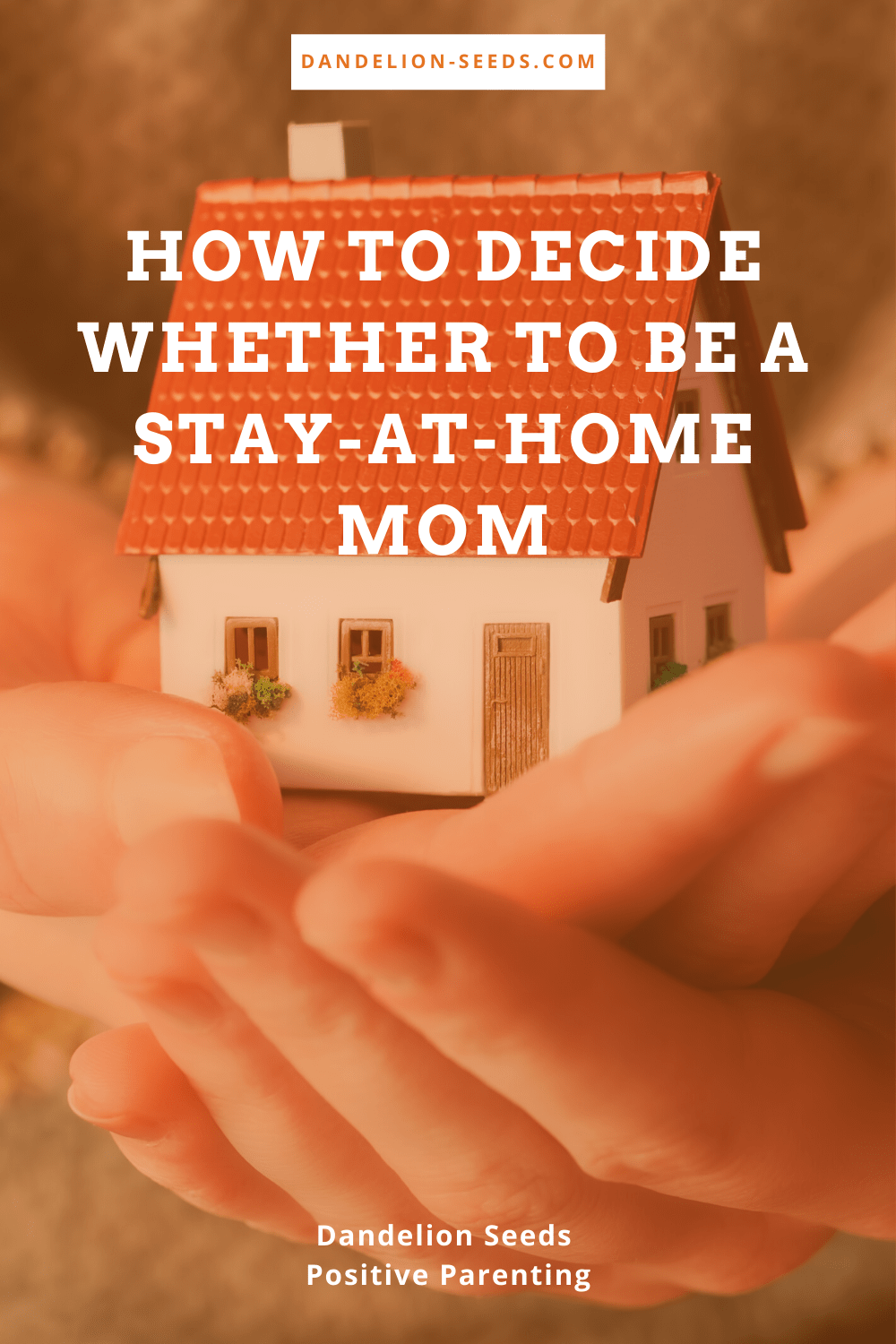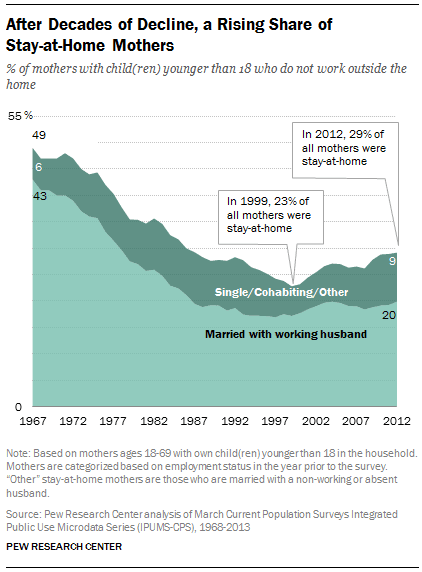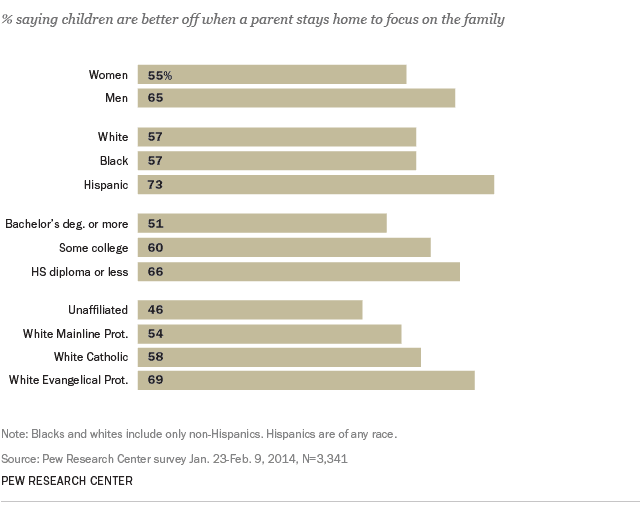
Sign in
Don't have an account with us? Sign up using the form below and get some free bonuses!

For some stay-at-home moms (SAHMs), the decision to stay home with a child has always been clear. They've vividly imagined themselves with their children, available to care for them full-time. For many SAHMs, however, weighing the decision whether to stay at home---potentially leaving career or educational endeavors---is very tricky. Many factors play into this life-altering choice, not even counting the pressure they feel from their partners, friends, and employers. There are few controversies stronger for an expectant mom than how she'll spend her time postpartum.
Almost invariably, as soon as a working woman shares with her employer that she's pregnant, the conversation will go something like this:
"Congratulations! That's wonderful!"
"When are you due?"
"How long do you think you'll be out?"
"Will you come back to work?"
As if we haven't just barely grasped the concept that a tiny growing human has taken up residence in our uterus, suddenly we're expected to have all the answers. Goodness gracious! (Now is a good time to exhale. I won't ask anything at all of you here.) If you have the financial ability and privilege to do so, the decision is yours to make---along with those who will be directly affected by the addition of the new family member (usually your spouse, partner, or co-parent).
When deciding whether to be a SAHM, it's helpful to do some self-inquiry. Some of these questions are logical and practical; others address the heart. There's no right or wrong answer to any of these. There is, of course, some science to guide you.

Here are questions to consider when you decide whether being a SAHM is right for you.

We know that after a temporary decline from the 1970s to the late 1990s, many more women than in years past (29% in 2012, up from 23% in 1999) are now choosing to stay home with their kids (source).

The perceived value of being a SAHM, however, varies according to religion, ethnicity, and education. (Source)

Further, studies show that many children, both younger and older, benefit from having a stay-at-home mom (source). That said, "mom work" isn't easy, to be sure: many moms who stay with their children full-time experience more depression, sadness, and anger than moms who are employed outside the home (source). Therefore, self-care and balance become critical for them. Some moms decide it's not a match after they've tried it, and then choose to have someone else care for their kids. It's not necessarily a permanent decision.
Perhaps most importantly as it relates to length of maternity leave, it's the quality of the interaction with parents that matters most in a young child's development:
"...The quality of parent–child interactions is central in the social and emotional development of the child (Bigelow et al. 2010; Gregory and Rimm-Kaufman 2008). Quality of interactions is typically defined by sensitivity, level of engagement, accuracy in reading each other’s cues, and synchrony (Gregory and Rimm-Kaufman 2008)..."
Further,
"...Feldman and colleagues (2004) compared a group of mothers who took maternity leaves longer than 12 weeks to a group of mothers who took maternity leaves shorter than 12 weeks. The authors found than women in the long leaves group had better understanding of child development, had higher levels of preoccupation with their infant, and reported that motherhood had a better impact on their self-esteem and their marriage. In addition, longer maternity leaves were related to better job adaptation..." (Source)
These findings alone, however, should not be the basis for this personal decision. Much more research is available on the specific topics at hand and it should be reviewed accordingly.
Of course, these are many more questions with which many expectant parents grapple. Some of these questions have clear answers in science (indeed, as an example, mothers who work outside the home can have extremely secure attachments with their children).
Ultimately, though, the decision whether to be a SAHM is primarily one of the heart.
SAHM or not, moms will spend time with their kids; and you'll be "mom" no matter where you spend your days (or nights). Although it's easy for a mom to agonize over such a life-impacting decision, a wise person once said this: "Go ahead. Make a choice. Maybe it's right; maybe it's wrong. If you don't like what you've chosen, you can probably change it. For now, just pick the one that feels best and go with it." And that, as you'll soon learn about parenting, is all you can ever really do with confidence.
